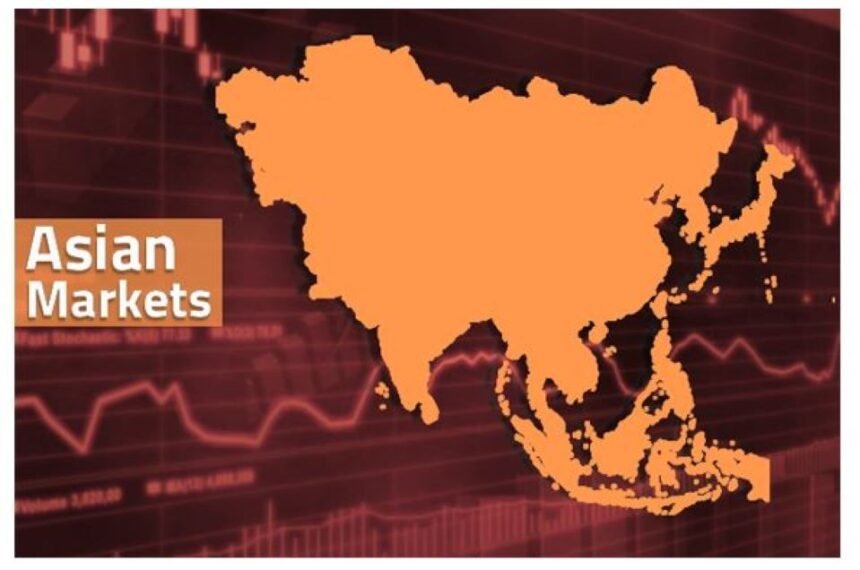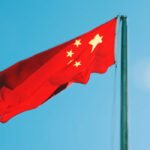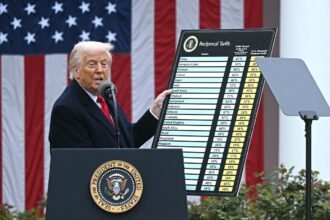Most Asian stock markets pared or reversed earlier gains on Tuesday, as positive sentiment from signs that China and the U.S. were on track to discuss tariffs and export controls fizzled out as the countries gave conflicting signals.
U.S. Treasury Secretary Scott Bessent said President Donald Trump was still expected to meet Chinese leader Xi Jinping later this month, after Trump on Friday announced 100% tariffs on Chinese exports from November 1 in response to Beijing’s curbs on rare earths shipments.
Markets seemingly interpreted Trump’s latest threat as a tactical manoeuvre aimed at strengthening his negotiating position, Lloyd Chan, a senior currency analyst at MUFG, said in a note.
“While further US actions, whether through dialogue or additional trade and non-trade measures, remain possible, the implementation of a sweeping 100% tariff appears unlikely.”
However, diverging statements from the two countries and the announcement of tit-for-tat additional port fees on ocean shipping firms that move everything from holiday toys to crude oil kept investors on edge.
China’s commerce ministry also said on Tuesday the U.S. “cannot seek talks while also making threats”.
Taiwan’s benchmark index rose as much as 2.2% to an all-time high early in the session, but was last trading down 0.4%.
South Korea’s KOSPI reversed course to fall 0.9% after touching a record high earlier in the session.
Shares in Hanwha Ocean fell 5% after China announced countermeasures against five U.S.-linked subsidiaries of the South Korean shipbuilding firm.
Chinese equities added 0.1%, while Vietnam shares rose 1.7% to an all-time high. Stocks in Manila rose 0.7%, while Bangkok stocks fell 0.8%.
In Singapore, stocks declined 0.6% and the local currency was largely unchanged after the central bank kept its monetary policy settings unchanged, as expected.
The decision came as preliminary government data showed Singapore’s economy grew 2.9% in the third quarter from a year earlier, better than expectations of 1.9%.
“What is poignant is that this is not a dovish pause that is timing the next easing. Rather, it is a comfortable hold, with scope to act further – but only if sufficiently warranted,” Vishnu Varathan, head of macro research for Asia excluding Japan at Mizuho Securities, said of Singapore’s monetary policy decision in a note.
Other regional currencies were broadly weaker, with the South Korean won depreciating 0.2%. The Thai baht and the Philippine peso edged down 0.1%.
HIGHLIGHTS:
** Indonesia weighs more liquidity injection into state banks
** Thailand foreign tourist arrivals down 7.54% y/y so far this year
** Samsung expects best profit since 2022, as AI boom squeezes commodity chip supply – Reuters





















